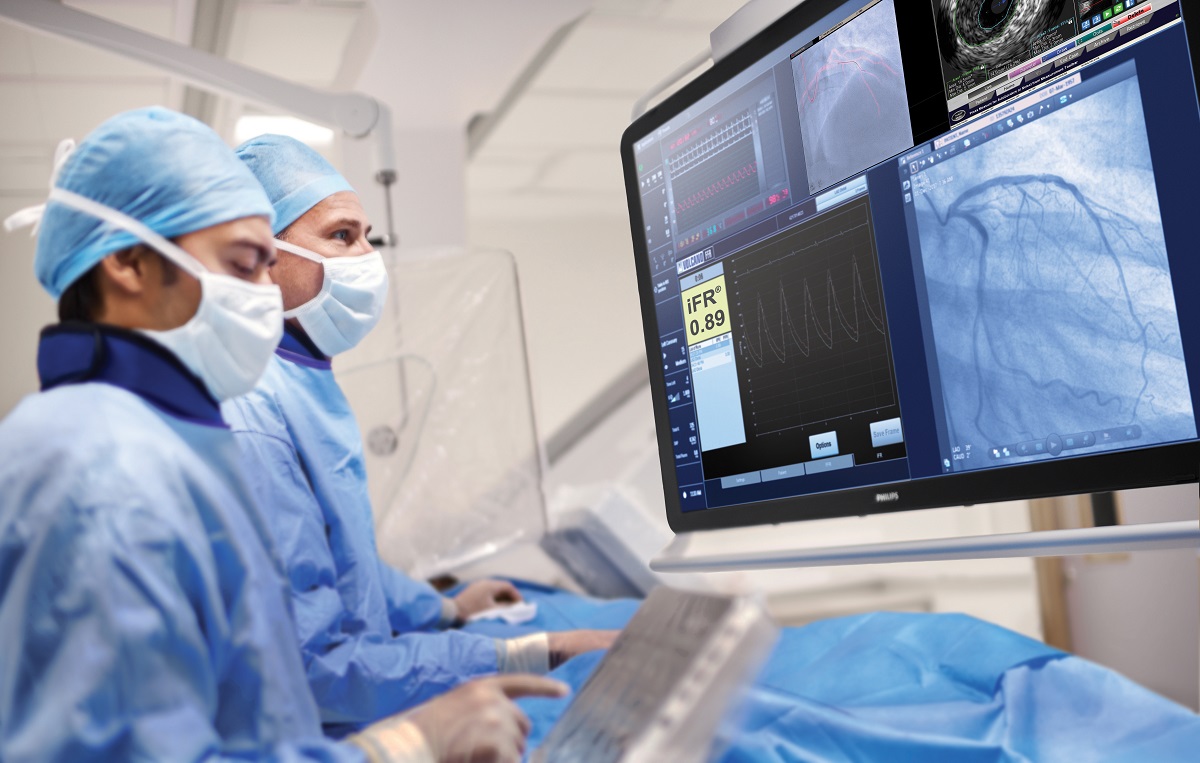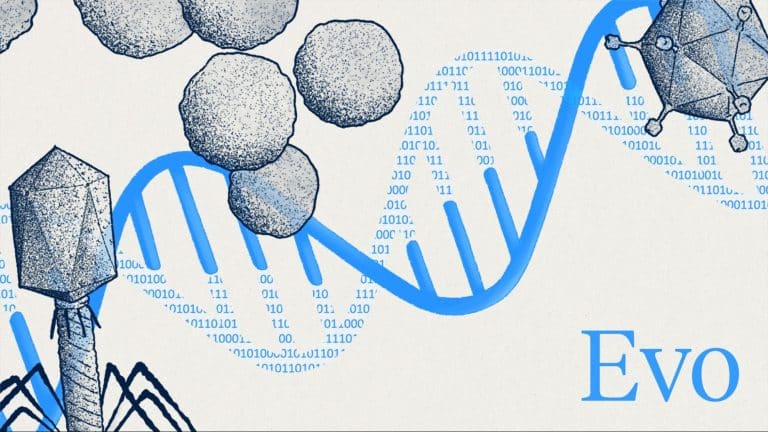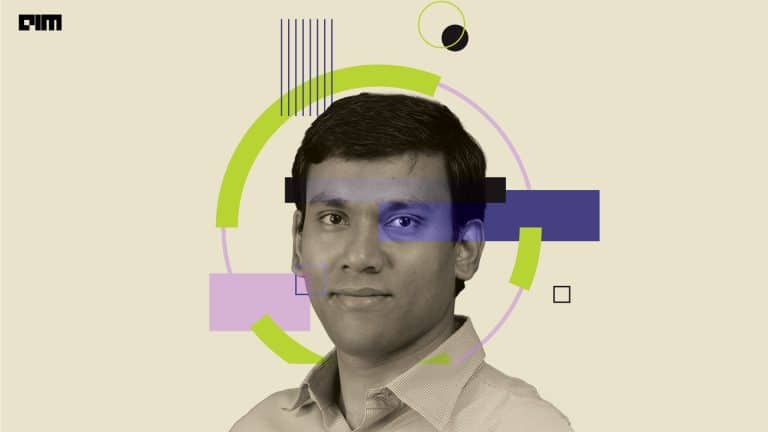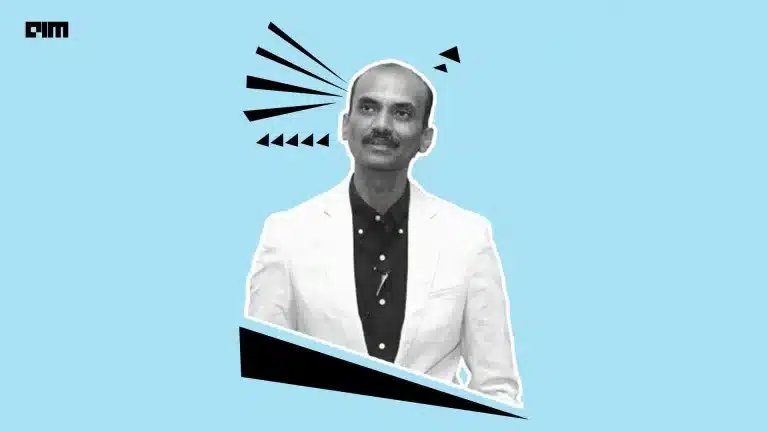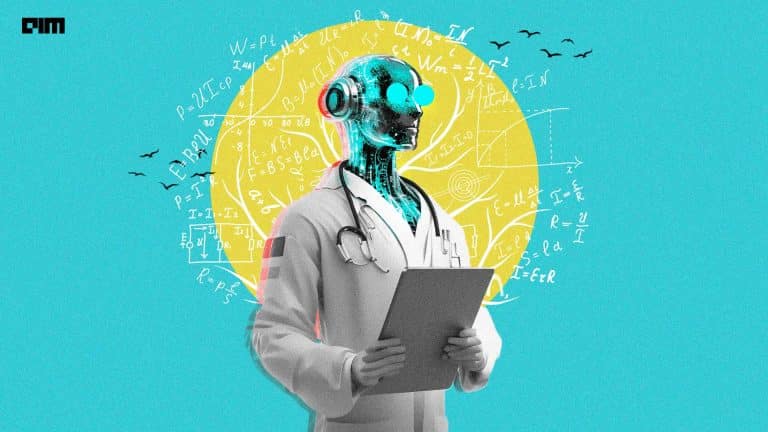Artificial Intelligence has been around for some time in healthcare, but it’s major impact is only being felt now. From improving the hospital’s in-patient care, digitizing health records, applying advanced computer vision systems detecting abnormalities in X-rays and MRIs to providing evidence-based treatment recommendations and using robotics in surgery, AI shows great promise in healthcare.
Why is big tech charging into healthcare?
Big tech companies are spearheading the “Uberization” of healthcare — changing the paradigm of care model, imaging and diagnostics by providing immediate and accurate results, more on the lines of digital interface and delivery models built by Amazon, Uber and companies.
Even though companies like IBM, Microsoft & Apple have played a big part in pushing AI into healthcare, none can match Google’s commitment in healthcare. Apple is making a headway through consumer devices (for e.g. the Apple Watch tracks the user’s daily activity, heart beat & more), while IBM & Microsoft have created enterprise solutions for physicians and hospitals.
Google has charged ahead in healthcare space through strategic investment in healthcare and life sciences space and banking on the user data to create health solutions for customers.
Google Ventures, the investing arm of the company revealed that more than one-third of its investment had been in health tech. The Mountain View search giant’s investment in healthcare space is evident from its two high profile subsidiaries – Verily, the life sciences department known for its deep bench consisting of top medical experts and Calico, founded in 2013 and funded by Google that focuses on anti-ageing research.
Though there are few details emerging from Calico’s secretive anti-ageing research, Verily recently announced a machine learning algorithm that can detect risk of heart diseases by analyzing scans of the back of the eye. After improving diagnostic tools for diabetic patients by powering them with deep learning algorithms, Google has trained its eyes on cardiac diseases.
The Mountain View search giant has met with a lot of success in improving existing diagnostic tools, especially for diabetes. In 2015, Google and digital health company Dexcom joined hands to launch a new generation of continuous glucose monitors (CGM).
Last year, Google researchers announced that they had trained image recognition algorithms to detect signs of diabetes-related eye disease called diabetic retinopathy in patients. This retinal screening system is up and running at Aravind Eye Care hospitals and the system uses the same deep learning technique that leveraged by Google’s image search applications to detect dogs and cats in pictures.
Big Tech’s role in overhauling cardiac care
Tech companies have made medicine extremely data-intensive by applying deep learning algorithms that are able to extract meaningful patterns from data collections – thereby changing treatment paths and enabling doctors to take data-backed decisions, emphasizes a NCBI article. Such is the heightened frenzy in AI-led cardiac research that there is a new publication every 2.7 min, indicates the article. Also, cardiovascular is ideally suited for AI – there is a wealth of data from medical records (lab results, physician’s notes etc), imaging data which can be effectively mined by deep learning algorithms.
Majority of AI use-cases for managing heart disease appear to fall into three major categories:
- Medical Imaging: There is an increased use of AI in medical imaging and improving the speed and accuracy of scans for radiologists. Startups and big tech companies are training machine learning algorithms on huge datasets to improve the accuracy of patient scans for better detection.
- Heart Risk Prediction: Again, machine learning algorithms are deployed to better predict the risk of cardiovascular disease.
- ECG Monitoring: This area is set for an overhaul with medical grade wearable devices that are providing continuous cardiac monitoring.
Let’s look at the penetration of AI in cardiac care
1) IBM’s research in EHR data to predict heart failure: Earlier last year, IBM applied its cognitive computing capabilities to analyze patient data to assess factors that could lead for early detection – a) understand traditional risk factors clinicians commonly use to diagnose heart failure. IBM leveraged Natural Language Processing techniques to extract information from unstructured data such as physician notes to understand the symptoms; (b) more accurately predict heart failure by combining unstructured data from doctors’ notes with structured EHR data. To achieve this, IBM applied machine learning methods to build predictive models that took into account a mix of variables. The outcome was – the research led to a deeper understanding about the tradeoffs between certain data types and their usefulness in helping detect an individual’s likelihood of heart failure.
2) Seattle startup KenSci uses machine learning techniques to predict patient’s heart disease: This young startup has garnered a lot of VC interest including Microsoft for its software platform which was built on a database of 150 machine learning models using algorithms trained on over 10 million data sets. The startup states that the software can analyze data to indicate the potential patient risks of developing heart disease. This Seattle-based startup is already providing predictive analytics to 17 million patients.
3) India’s Qure.ai presents medical imaging solution: Qure.ai co-founded by Prashant Warier and Pooja Rao recently presented its research on medical imaging for cardiology. The team presented their work at MICCAI 2017, on convolutional networks that outline and quantify the left and right ventricles and the myocardium from cardiac MRIs. The research paper presented a 2D and 3D segmentation pipelines for fully automated cardiac MR image segmentation using Deep Convolutional Neural Networks (CNN). The models are trained end-to-end from scratch using the ACD Challenge 2017 dataset comprising of 100 studies.
4) Medical device startup ten3T provides continuous cardiac monitoring: Recognized as one of the 10 best startups in wearable technology in 2017, ten3T’s medical grade device Cicer helps in cardiac monitoring and is pegged as a life-saver for heart patients. Their wearable device Cicer is a wireless patch that flashes the body vitals continuously and measures ECG, heart rate, blood oxygen, and temperature — procedures that would have been complex to perform, with just a patch. The device makes use of algorithms that capture immediate signs as well as longer term subtle changes, enabling physicians to make immediate and predictive decisions.
5) Bengaluru-based Cardiac Design Labs is changing cardiac care: Founded by Anand Madanagopal, Cardiac Design Lab’s MIRCaM System is revolutionizing cardiac care with a diagnostic device that alerts care providers in case of an emergency. The device – MIRCaM that stands for Mobile Intelligent Remote Cardiac Monitor delivers real time advanced cardiac diagnosis and monitoring in remote settings and proving to be a boon in rural areas by providing continuous monitoring.
Black Box problem in medicine
So far AI’s use in medical imaging has been successful and the field of radiology is now being known as the Silicon Valley of medicine, given the heightened interest in radiology. There are a stream of offerings that surmise that Deep Learning algorithms detect diseases as accurately as experienced doctors. However, that still doesn’t explain the black box problem. Deep learning algorithms cannot be traced back to understand how it arrived at the final output, which means for doctors the AI system is opaque which could be a serious problem in healthcare wherein the treatment path has to be clearly explained.
But there’s one US company that believes deep learning can prove its worth in medicine. San Francisco-based medical imaging company Arterys that received the FDA approval to market its Arterys Cardio DLTM application emphasized that one needs to prove statistically that the algorithm is following whatever the intended use and the marketing claims, John Axerio-Cilies, chief technology officer said reportedly.


